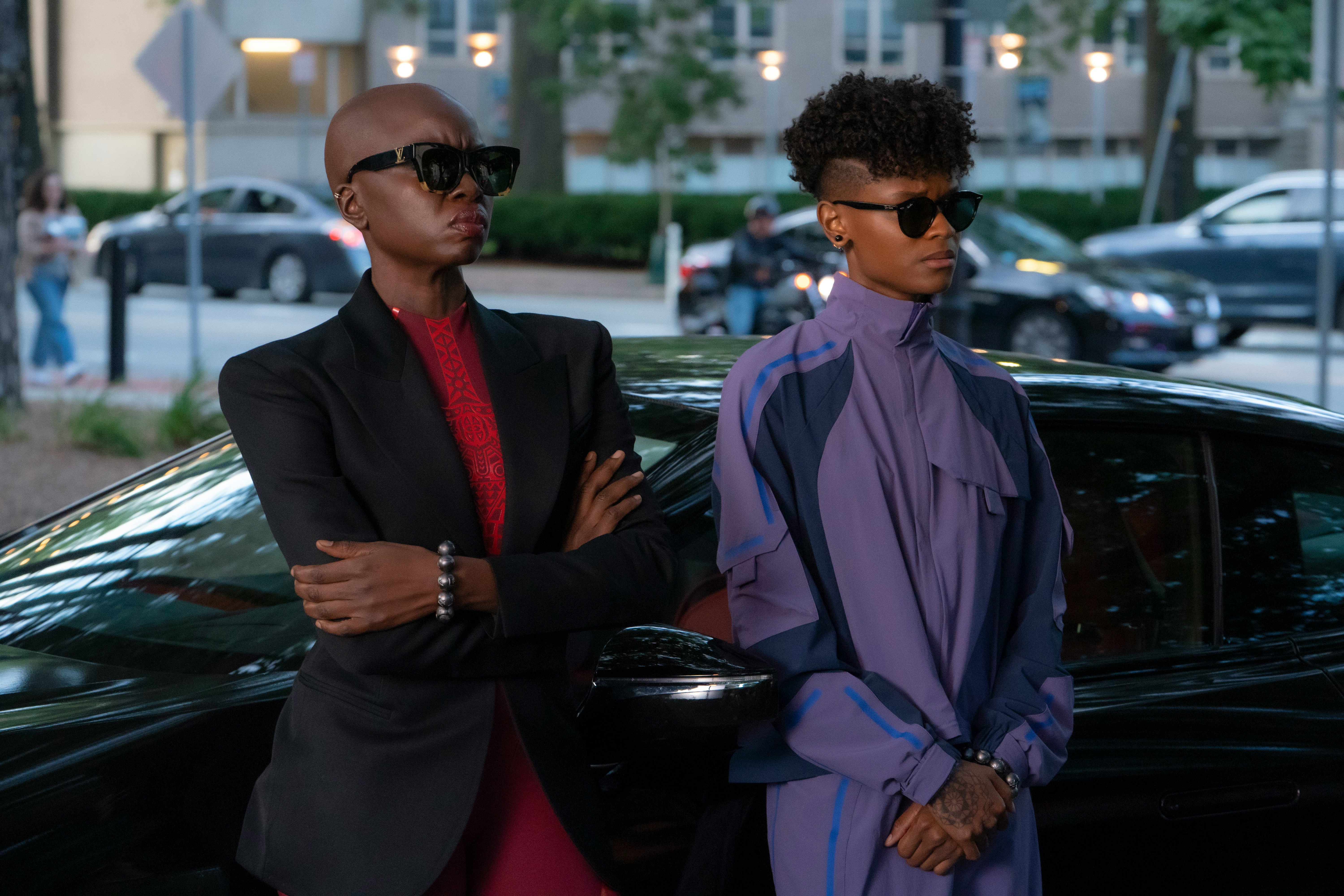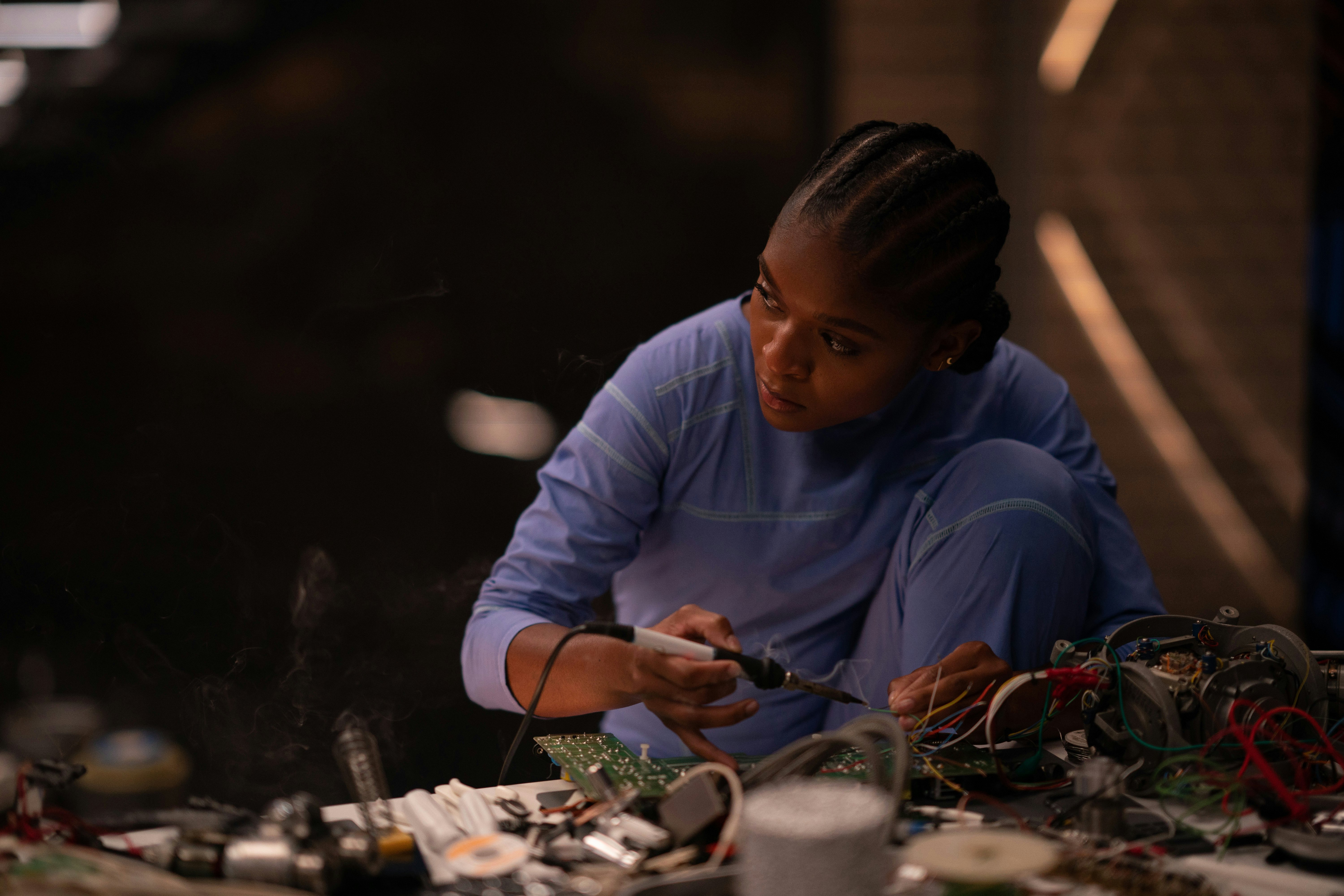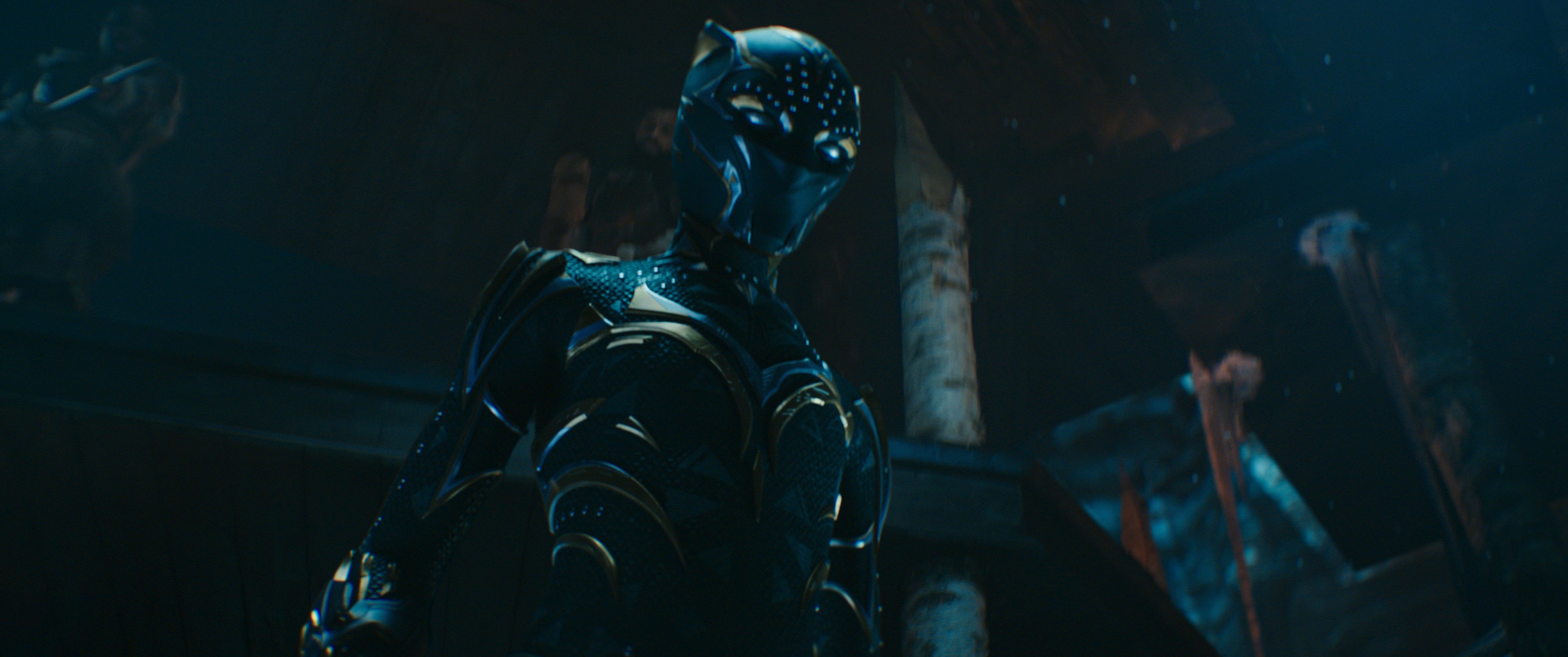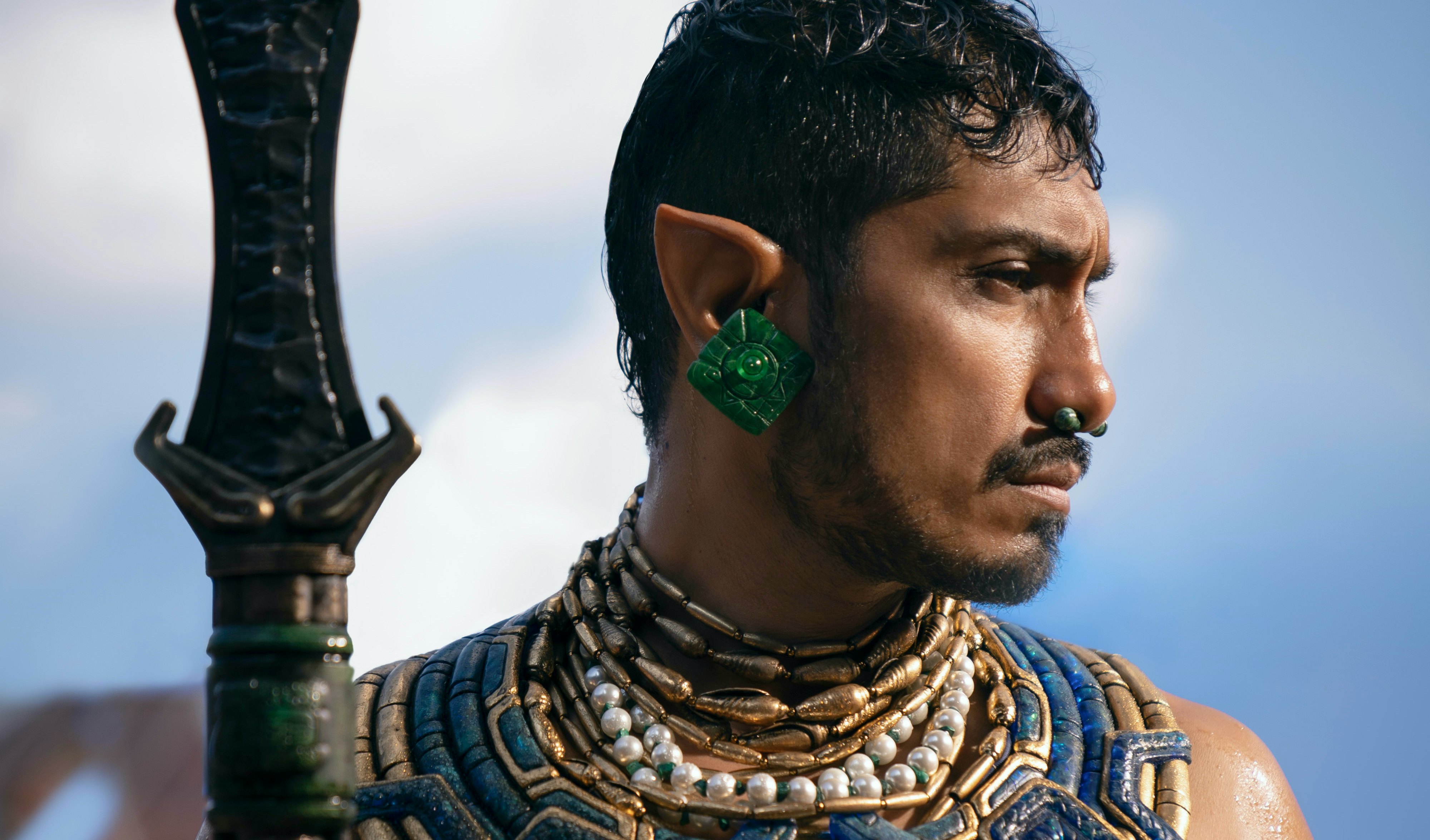
Even by typical Marvel Cinematic Universe standards, Black Panther: Wakanda Forever has a lot on its plate.
Not only does the Black Panther sequel have to move the MCU’s ongoing story forward in a meaningful way, but it has to do so while also mourning the loss of Chadwick Boseman. Despite that, Wakanda Forever still tries to serve multiple MCU projects simultaneously.
Over the course of its nearly three hour runtime, the superhero film introduces characters and plot points that have little to do with its core themes and primary narrative concerns. In doing so, Black Panther: Wakanda Forever falls prey to the same mistake that many of its MCU predecessors have.

A Difficult Task — At the center of Wakanda Forever’s story is the dangerous conflict that develops between Wakanda and Talokan, an underwater kingdom ruled by Namor (Tenoch Huerta). That conflict is indirectly sparked by Riri Williams (Dominique Thorne), the brilliant MIT student who invented the vibranium-detecting technology that leads the CIA to Talokan. Williams, of course, is a new figure in the MCU, one who will return as the lead of the upcoming Disney+ original series, Ironheart.
Thanks to her major role, Wakanda Forever spends considerable time with Thorne’s Williams. The film establishes her intellect and origins, and even lets her suit up in one of her Iron Man-esque exoskeletons in its third act. Meanwhile, on top of Riri’s role, Wakanda Forever also makes time to explore a conflict between Everett Ross (Martin Freeman) and his ex-wife, the mysterious Valentina Allegra de Fontaine (Julia Louis-Dreyfus), a character who’s set to play a major role in the MCU moving forward.
Val and Riri’s storylines ultimately have little to do with the grief-driven journey many of Wakanda Forever’s characters go on. It feels like the characters were included in Wakanda Forever just because Marvel needs to continue setting up its upcoming film and TV projects.
That’s frustrating in any MCU film, but it’s especially irritating to see that approach brought to Wakanda Forever.

Ambitious to a Fault — Between honoring Chadwick Boseman and finding a thematically compelling future in the MCU for Wakanda, Wakanda Forever already had a lot to do. That’s before the inclusion of Namor also forces Wakanda Forever to spend a fair amount of time exploring the backstory of both Huerta’s formidable Marvel anti-hero and his underwater kingdom.
Altogether, those three plot points could have given Wakanda Forever more than enough dramatic material to fill its runtime. However, rather than focusing solely on delivering a satisfying and emotionally honest follow-up to Black Panther, Wakanda Forever attempts to do all that while also setting up future MCU titles like Ironheart and Thunderbolts. And so while as revelatory and engrossing as it feels at times, the film is ultimately scattered and overstuffed.
That’s disappointing, especially considering that Black Panther succeeded largely because of how insular and self-contained it kept its story.

The Inverse Analysis — There are moments in Wakanda Forever that are among the best in MCU history. However, by trying to simultaneously tell its own story and lay the groundwork for several other MCU titles, Wakanda Forever has made the same mistake as many of Marvel’s past films and TV shows, including Eternals, Black Widow, and Hawkeye.
Even though part of the MCU’s greatness comes from how interconnected it is, that doesn’t mean every one of its films and TV shows needs to bite off more than it can chew.
Black Panther: Wakanda Forever is now playing in theaters.







